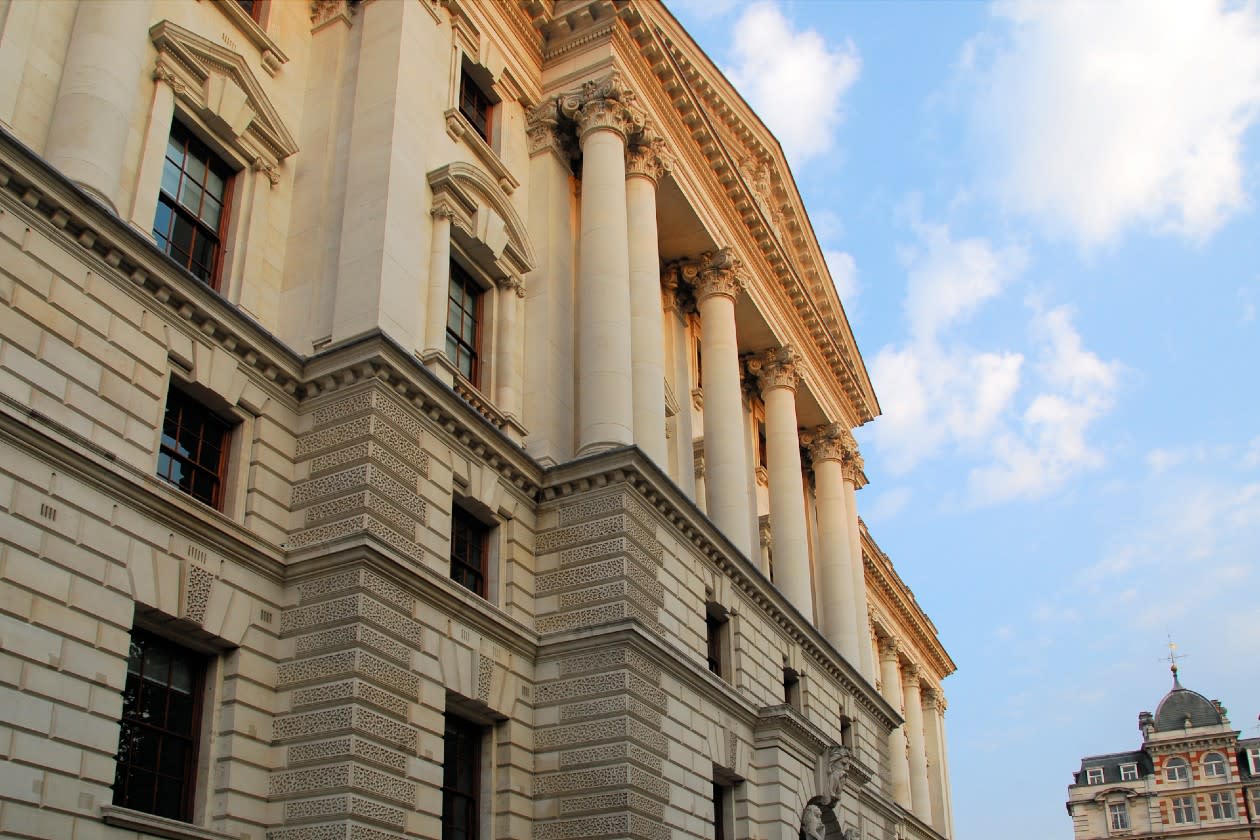Chancellor Rachel Reeves has been put under further pressure over the state of the nation’s finances ahead of next week’s Budget as the latest official figures showed higher-than-expected government borrowing last month.
The Office for National Statistics (ONS) said public sector borrowing stood at £17.4 billion last month, £1.8 billion lower than a year ago but the third highest level for October since records began.
The figure was more than the £15 billion expected by most economists and higher than the £14.4 billion forecast in March by the UK’s independent fiscal watchdog, the Office for Budget Responsibility (OBR).
Borrowing for the seven months of the financial year to date was £116.8 billion, estimated at 3.9% of the UK’s economic output.
The year-to-date figures is £9 billion higher than the same period a year ago and £9.9 billion above the OBR’s forecasts in March.
The data comes less than a week before the November 26 Budget, when Ms Reeves is expected to reveal a raft of measures to help plug a black hole in the UK public finances, estimated at up to £50 billion by some economists.
While the Government appears to have rowed back on reported earlier plans to increase income tax, it is widely expected to look at other ways to raise cash to tackle the shortfall and ensure the Chancellor remains on track to meet her fiscal rules.
Treasury Chief Secretary James Murray said next week’s Budget would set out how Ms Reeves intends to “cut debt”.
Treasury Chief Secretary James Murray said Thursday’s Budget would set out how the Chancellor plans to ‘cut debt’ (Aaron Chown/PA)
He said: “Currently, we spend £1 in every £10 of taxpayer money on the interest of our national debt.
“That money should be going to our schools, hospitals, police and armed forces.
“That is why we are set to deliver the largest primary deficit reduction in both the G7 and G20 over the next five years – to get borrowing costs down.”
Shadow chancellor Sir Mel Stride said Labour should focus on cutting spending to avoid tax rises in the Budget.
He said: “Borrowing so far this year has been the highest on record outside the pandemic.
Shadow chancellor Mel Stride said Labour should focus on cutting spending to avoid tax rises in the Budget (Lucy North/PA)
“If Labour had any backbone, they would control spending to avoid tax rises next week.”
The ONS figures showed public sector borrowing was revised lower by £400 million for the first six months of the financial year.
Public sector net debt, excluding the Bank of England, reached £2.77 trillion at the end of October, which is around 90% of gross domestic product (GDP) and 0.2 percentage points less than a year ago, although remains at levels last seen in the early 1960s.
The ONS said the debt interest payments on government borrowing eased back by £900 million to £8.4 billion last month, as much of it is linked to Retail Prices Index inflation, which has fallen back in recent months.
Borrowing also declined year-on-year as tax receipts helped offset higher spending, in particular a £2.8 billion rise in the National Insurance contributions tax-take to £16.9 billion after the hike in the rate paid by employers in April.
ONS chief economist Grant Fitzner said: “While spending on public services and benefits were both up on October last year, this was more than offset by increased receipts from taxes and national insurance contributions.”
Martin Beck, chief economist at WPI Strategy, said: “As things stand, total borrowing in 2025/26 could overshoot the OBR’s full-year forecast by around £10 billion, pushing the deficit close to 5% of GDP.”
He said: “Combined with policy U-turns, market movements, and a deteriorating productivity outlook, the Chancellor’s headroom against her fiscal rules has almost certainly vanished.”
He warned that “with the Government showing little appetite for spending restraint, tax rises are inevitable”.
“Yet, rather than opting for a broad increase in income tax, which could have delivered predictable revenues, strengthened credibility, and lowered borrowing costs, the Chancellor appears set to rely on a ‘smorgasbord’ of smaller tax increases,” he said.
This article was written by Holly Williams and PA Business Editor from Press Association and was legally licensed through the DiveMarketplace by Industry Dive. Please direct all licensing questions to legal@industrydive.com.

